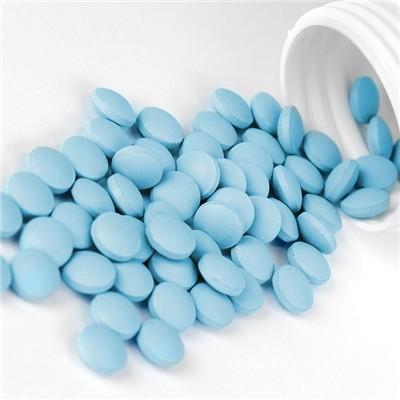Symptoms of metastasis and spread of bladder cancer
summary
Bladder cancer is a very common malignant tumor of the urinary system. The incidence rate of bladder cancer is the highest in all urinary tract tumors. Therefore, for the treatment of bladder, we must focus on prevention and combine the methods. Symptoms of bladder cancer metastasis and spread? Let's talk about it
Symptoms of metastasis and spread of bladder cancer
Direct invasive bladder cancer can directly infiltrate and metastasize to adjacent tissues around the bladder. Cancer cells penetrate the basement membrane and enter the submucosa, and often infiltrate into the muscle layer, extravesical fat and even the outer peritoneum. Advanced bladder cancer may have peripelvic invasion or distant metastasis. When the tumor infiltrates into the posterior urethra, prostate and rectum, the corresponding symptoms will appear. When the tumor is located at one side of the ureteral orifice, ureteral infiltration may result in unilateral ureteral dilatation and hydronephrosis.

Lymphatic metastasis is the most common way of bladder tumor metastasis. First, through the muscular lymphatic vessels, when the tumor invaded the lymphatic vessels of bladder wall, some cases had pelvic lymph node metastasis. If the tumor had extended to three adipose tissues in the bladder wall, almost all pelvic lymph nodes metastasized and might have developed to para aortic lymph nodes. The tumor often metastasized to the iliac, extrailiac, obturator lymph nodes, or to the common iliac lymph nodes.

Mucosal dissemination: cancer cells spread along the mucosa, which may invade the ureteral orifice, causing ipsilateral expansion of the renal pelvis and ureter, resulting in hydronephrosis and even renal failure; Invasion of surrounding tissue can cause lumbosacral pain and rectal irritation.

matters needing attention
Reducing environmental and occupational exposure may reduce the risk of urothelial cancer. About 70% of the patients recurred after TURP. Intravesical instillation of BCG or chemotherapy can reduce the recurrence rate to 25% - 40%. The commonly used perfusion chemotherapy drugs are mitomycin, adriamycin, thiotepa, hydroxycamptothecin and so on. The 5-year survival rate of patients with invasive bladder cancer after total cystectomy was 60% - 70%.












